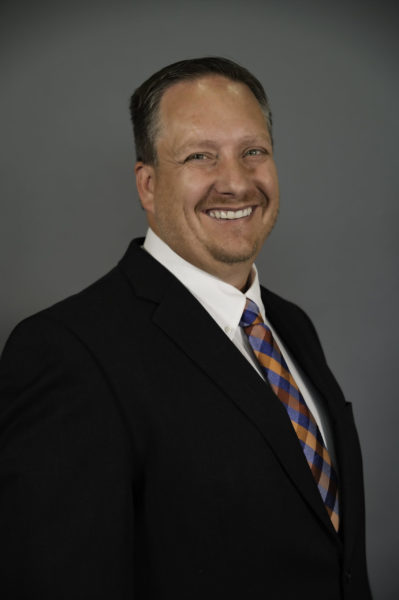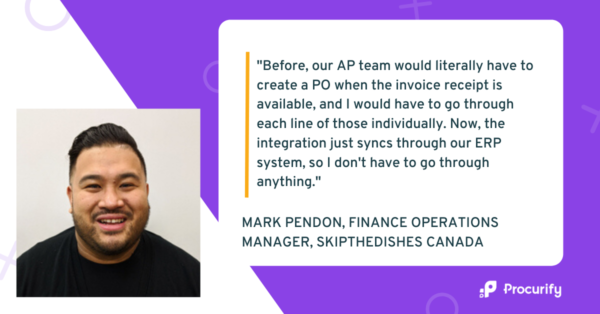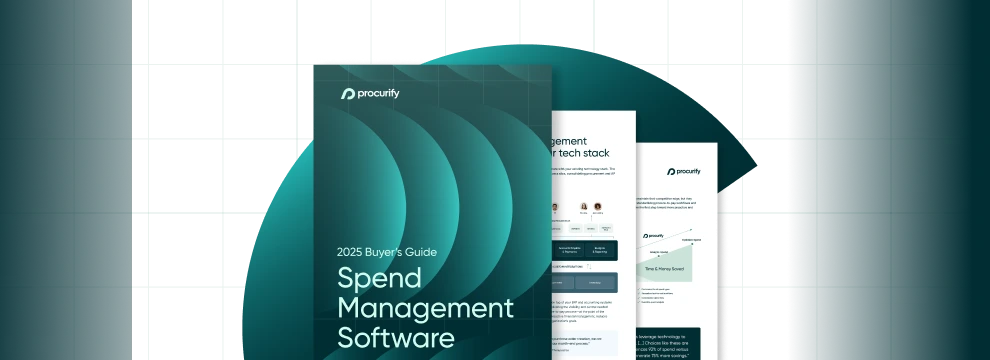For This CFO, HR is Part of the Job – Steve Watson, CFO of CFSS
For This CFO, HR is Part of the Job
This interview is taken from an episode of the Spend Culture Stories podcast. Steve Watson talks about his role as CFO and CHRO and how the two actually do have an overlap.
In this episode, Steve Watson, the CFO of CFSS Arizona shares his insights as the wearer of two pivotal hats. Both the CFO and CHRO. As a healthcare CFO, Steve shares:
- The challenges of adapting to a remote work model,
- How his essential service was able to transition,
- And, his passion for helping others save costs related to employee healthcare benefits.

Speakers: Steve Watson, CFO, Child & Family Support Services
Steve Watson is the CFO of Child & Family Support Services, a Phoenix-based non-profit that helps individuals, couples, and families improve their relationships, emotional health, and positive behavior. He does this through individually-designed, positive-based, community-centered support services.
Steve is also the founder and CEO of TrendBreakers – a community of Finance, Human Resources, and Benefit Advisor professionals. These professionals are on a mission to break the trend of rising employee healthcare costs.
Listen to the Episode Here:
Listen to Spend Culture: Stories of CFOs and Company Culture
Notable Quotes:
It’s quite interesting that you are both a CHRO and a CFO. Can you explain a little bit more on the duality of those roles? How do you think a human resources background plays into your role as a CFO?
Yeah, most people don’t wear those same hats. About a year into my tenure here at CFSS, the H.R. director left the company. As a result, they looked at me and they said, ‘Hey, finance, HR, they’re about the same thing – we’ll let you have it.’ I was like, ‘I don’t know in what world that’s the same thing. But, it’s more on an interim basis. I’m somebody that if you give me something, I’m going to learn more about it.’
So, I drove into it. I started attending all the HR conferences I could, and I ended up getting a license and really getting to know that those two areas are a lot more similar than they are separate. We’re both kind of admin departments inside of the company trying to help the business succeed. We just attack problems from different angles. HR will attack it from a culture or emotional relationship basis, and finance will attack it through numbers, strategy and spreadsheets.
Do you find that sometimes, based on who you’re talking to, you have to switch your hats? How do you navigate the two roles?
Yes, all the time and my employees know that. Sometimes they’ll walk up to me and say, ‘Steve, I need your HR hat or I need your finance hat.’ I do feel like there is a conflict and I have to balance both in my head. But, then again every business has to balance those things.
As a healthcare organization, what are some of the changes that you made due to COVID-19, whether it’s from the culture or process point of view?
We are a community-based counseling clinic, and so we’re in and out of people’s homes all the time. With the precautions now, we’ve had to stop that.
We had to transition really quickly. Instead of being face to face with our employees, we’re working remotely and using things like Zoom and Google Hangouts. We had to do that and make these changes over a weekend.
There was a lot to do to get transitioned over, including some crazy technology, training our employees, and also training families and getting them access to technology. If they didn’t have the technology, we were getting it set up for them.
Usually, something like this would take multiple months, even years to try and transition into. Now look, we were forced to do it in less than a week.
Have some of the finances with the organization been impacted due to COVID-19? How has this changed the way your team works?
Even as much as we can do things through the help of technology, we can’t do 100% of it. We had a big drop, and we’re trying to stabilize cash flow and revenue. After stabilizing, seeing that impact on forecasting out for the next month, two months, three months – and then trying to put together contingency plans to make sure we’re doing the right things.
It’s hard to say because we’re an essential business. To be able to be out there and helping people that may be on suicide watch and different things. We try and do as much of our work remotely as we can, but we are going out to the community and going to people’s homes when they need us to be there with them. It’s a mix. We don’t force all of the employees to work from home or all of our employees to be on the field. They can kind of manage it how they see fit.
And normally, how do the approvals go through? Is that through emails or do they do a face to face interaction to make sure that something’s been approved?
It’s always been through emaail. So we’re just trying to speed it up.
It’s usually between them and their supervisors. They get it approved and then sent to finance. It’s a challenge trying to manage that in their expense reimbursements and stuff .
I actually wanted to also ask a little bit more about Trendbreakers. You’re the founder and CEO of this community – can you tell us a little bit about why you founded this community and what’s the mission of the community?
So it really is my hybrid hats – the product of both hats coming together.
The biggest area where those come together is employee benefits. There’s a finance component of buying those benefits, but then there’s a HR component of trying to recruit and retain employees. It started 10 years ago when I got a 30 percent rate increase and that was hundreds of thousands of dollars I had to come up with from the company. Then it was hundreds of dollars for each family each month. It really ticks me off enough to dive into it.
I know how to negotiate R&D salaries, paper, and everything in my office, but for some reason, not employee benefits. There’s no class in that on my MBA or my CPA course. It was just all done. We just all have to learn from the brokers that we’re using. As a result, I went on this big journey. I learned a lot about how to negotiate benefits and ended up saving about half a million dollars a year for my benefits.
After that, I just started to think about how I want to help other people. It’s like sitting on an airplane and you save a whole bunch of money, and the person sitting next to you doesn’t. If you don’t tell them about it, you’re almost complicit with it, right?
So, I feel like the system’s so messed up that if I don’t go out and help other employers do it, I am complicit with it. That’s why I set up this community. It started out small. Now, it’s rapidly grown to about 300 employers around the country. We come together and we share ideas and ways to get the best solutions for employees. We figure out how we can customize it to our own industry and our own size. I love it.
There’s a Facebook and Linkedin group, and a podcast. I do events as well. I’m speaking at the National Teacher Conference (if it goes in the summer). I don’t sell insurance! I’m not a broker selling it. it’s just having somebody sit on your side of the table to walk through this. It’s like if you’re going to go buy a car and you don’t really know that much about it. You’ll take a friend with you. So that’s who I am. That’s what Trendbreakers is.
Read How Skip the Dishes Saves Hours in Their Requisition and Invoices Processes with Procurify

About the Podcast:
Your company culture might attract talent, but your Spend Culture will make or break your company. The Spend Culture Stories podcast helps finance and operations leaders learn the tactics, strategies, and processes to build a proactive Spend Culture.
In this podcast, we have human conversations about the messy and sometimes hilarious stories that happen when people, organizations, and money meet. Learn how to pick the right tools, implement the most efficient processes, and how to develop the right people to transform the Spend Culture of your organization for the better.
Listen to Spend Culture: Stories of CFOs and Company Culture
